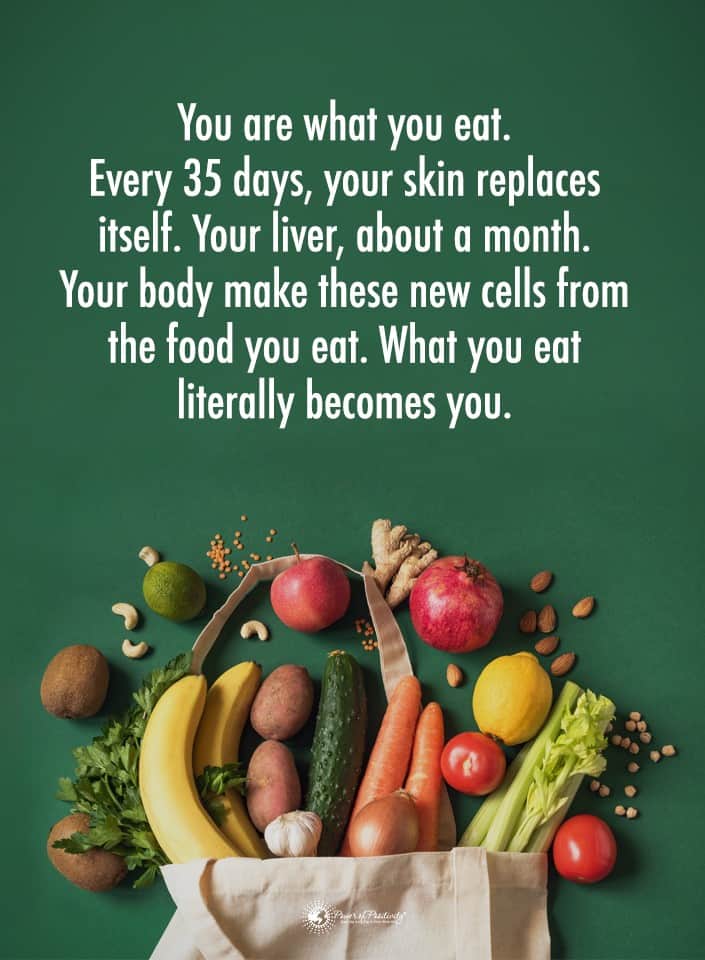As veganism continues to grow worldwide, food scientists have been working to improve the taste of vegan protein. They also want to create healthier, more sustainable plant-based proteins, as many existing products have fallen short in these areas. Products they’ve been working on perfecting include the following: plant-based meat, fish, milk, cheese, and eggs.
Food scientist David Julian McClements, a distinguished professor from the University of Massachusetts, says it’s no easy feat. He’s the lead author of the study in the latest Nature journal, Science of Food, which published the research.
McClements, a pioneer in food design and nanotechnology and author of Future Foods: How Modern Science Is Transforming the Way We Eat, says this:
“With Beyond Meat and Impossible Foods and other products coming on the market, there’s a huge interest in plant-based foods for improved sustainability, health, and ethical reasons.”
Vegan and vegetarian products have grown increasingly popular in the last five years. Many people cite animal rights, environmental concerns, and human health as significant reasons for going vegan. As a result, companies have responded to the demand and developed plant-based proteins that look and taste shockingly similar to meat.
In 2019, plant-based food sales in the U.S. alone reached almost $5 billion. 40.5% of the sales came from the milk category and 18.9% from plant-based meats. In just two years, the market value of vegan protein grew 29% from 2017.
While sales of these products have skyrocketed, developing vegan protein is an intricate science. It takes years of research and testing to create a final product.
“A lot of academics are starting to work in this area and are not familiar with the complexity of animal products and the physicochemical principles you need to assemble plant-based ingredients into these products, each with their own physical, functional, nutritional, and sensory attributes,” McClements says.
 Perfecting the taste of vegan protein
Perfecting the taste of vegan protein
Many vegan proteins exist today, but there’s still room for improvement. Wanting to create better plant-based protein, McClements organized a multidisciplinary team at UMass Amherst. Part of that team includes co-author and assistant professor Lutz Grossmann, who has experience with vegan proteins. They received funding from the USDA’s National Institute of Food and Agriculture and the Good Food Institute for research and development.
“Our research has pivoted toward this topic,” McClements says. He goes on to say this:
“There’s a huge amount of innovation and investment in this area, and I get contacted frequently by different startup companies who are trying to make plant-based fish or eggs or cheese, but who often don’t have a background in the science of foods.”
Plant-based foods continue to grow in popularity, and new products hit the market frequently. However, McClements says in the study that “a plant-based diet is not necessarily better than an omnivore diet from a nutritional perspective.”
To replace meat, milk, and eggs, plant-based products have to be fortified with certain micronutrients. Vegan protein doesn’t have vitamin D, calcium, and zinc naturally, so these must be added. Companies also have to ensure the plant-based proteins are digestible and have all the necessary amino acids.
Unfortunately, McClements says that many vegan proteins fall short in terms of health and taste. Most plant-based products are highly processed and full of saturated fat, salt, and sugar. This makes them more palatable but not healthier than meat by a long shot. However, McClements notes that highly processed foods don’t have to be unhealthy, necessarily.
“We’re trying to make processed food healthier,” McClements says. “We aim to design them to have all the vitamins and minerals you need and have health-promoting components like dietary fiber and phytochemicals so that they taste good and they’re convenient, and they’re cheap, and you can easily incorporate them into your life. That’s the goal in the future, but we’re not there yet for most products.”
The team will continue to perfect the vegan protein products. To create the healthiest, tastiest plant-based options, they’re taking a holistic, multidisciplinary approach.
Four plant-based proteins to try
In the meantime, you can choose from plenty of healthy plant-based products on the market. Here are just a few options that provide nutritional value and taste great, too:
Tofu:
Since tofu doesn’t contain any additives and comes from a whole soybean, it’s an ideal plant-based protein source. Make sure to choose non-GMO or organic, if possible.
Tempeh:
Like tofu, tempeh comes from whole soybeans. However, tempeh is fermented. This process provides the added benefit of improved digestion. You may also absorb more nutrients from this vegan protein. In fact, it contains more protein than tofu and has high amounts of calcium, manganese, and iron.
Beans and lentils:
When in doubt, add some beans or lentils to your meal. Many vegans and vegetarians consider beans a staple in their diet because of their fiber and protein content. Plus, they’re a versatile ingredient; you can add them to salads, soups, stir-fries, burritos, and more. Some people even make their own veggie burgers at home using beans.
Seitan:
Known commonly as “wheat meat,” seitan is made from wheat gluten. The texture is very similar to meat proteins, and the taste resembles earthy mushrooms. However, with some seasoning, it mimics the taste and texture of chicken quite well. Add it to salads, stir-fries, or curry, or you can even grill it with veggies!
 Final thoughts on how scientists are improving the taste of vegan protein
Final thoughts on how scientists are improving the taste of vegan protein
Vegan protein options seem limitless nowadays. If you look in the frozen section at your grocery store, you’ll probably notice a vast meatless area. You can find anything from burgers to nuggets to breakfast sausages and everything in between. However, many of these products have a ton of ingredients and little to no nutritional value. Not to mention, they don’t all taste like meat (some taste far from it, actually).
That’s why food scientists from the University of Massachusetts have taken it upon themselves to perfect the taste and quality of vegan protein. Companies like Beyond Meat gave the meat industry a run for its money. But, there’s still a lot of room for growth and innovation when it comes to lab-created meats.


















